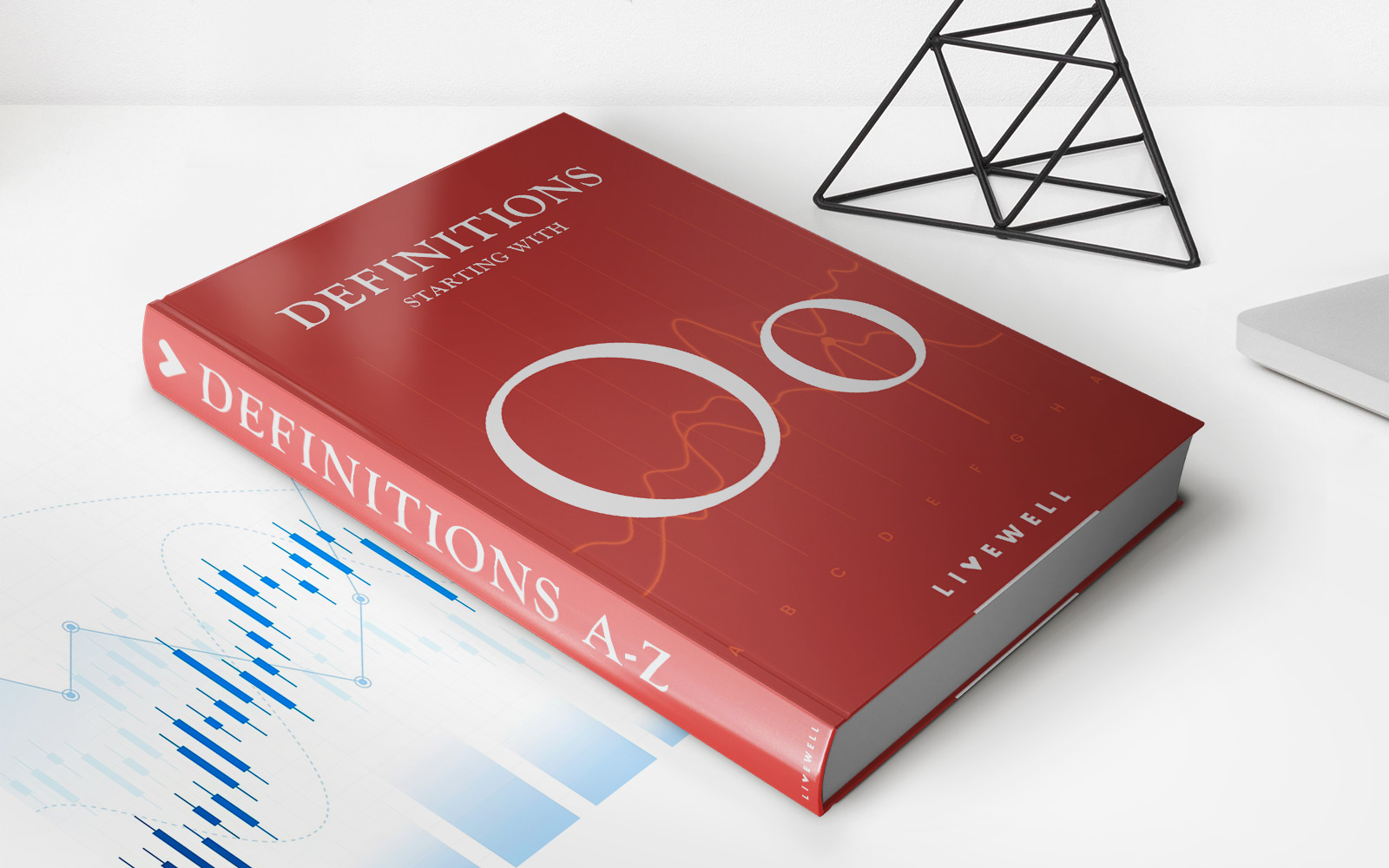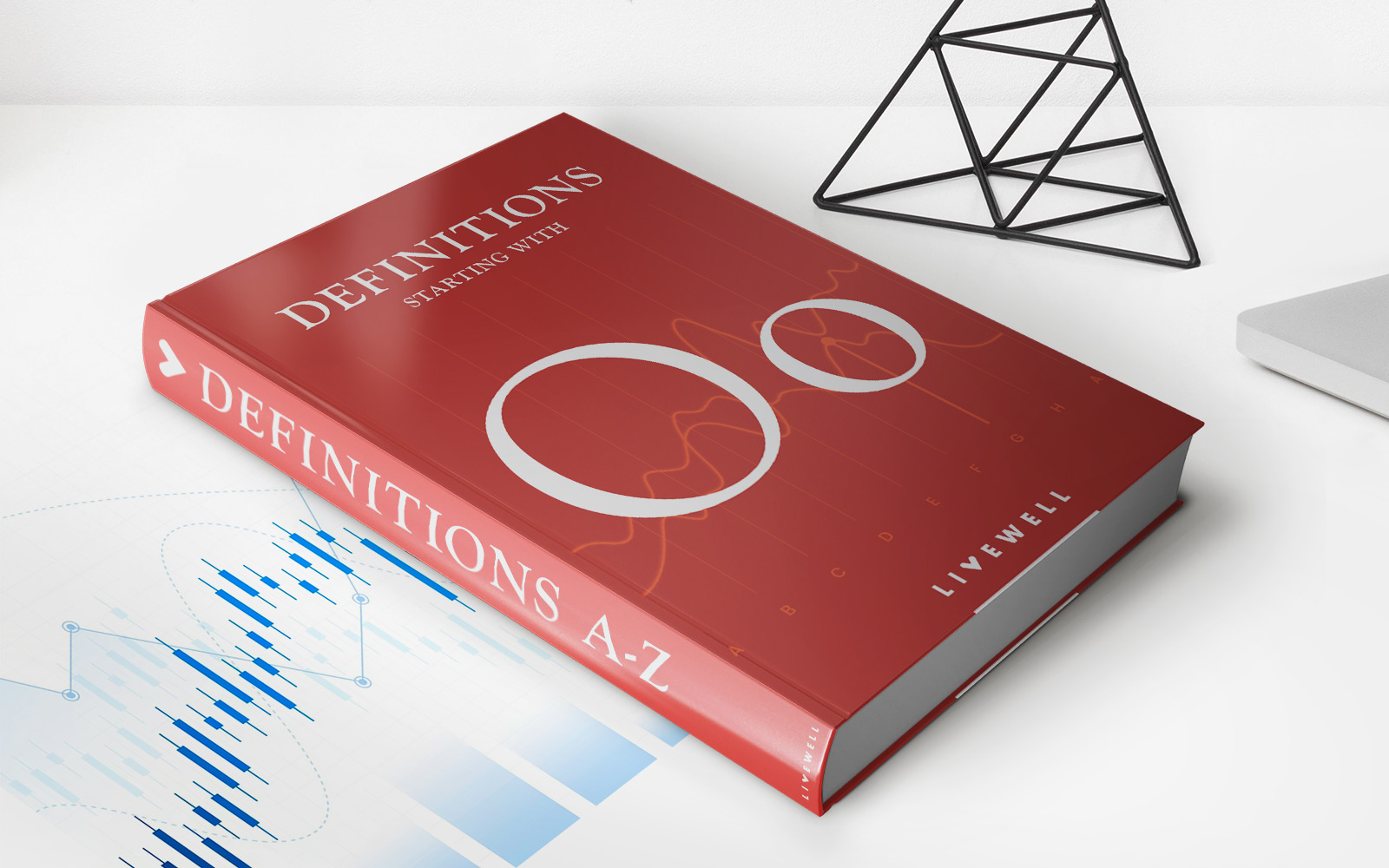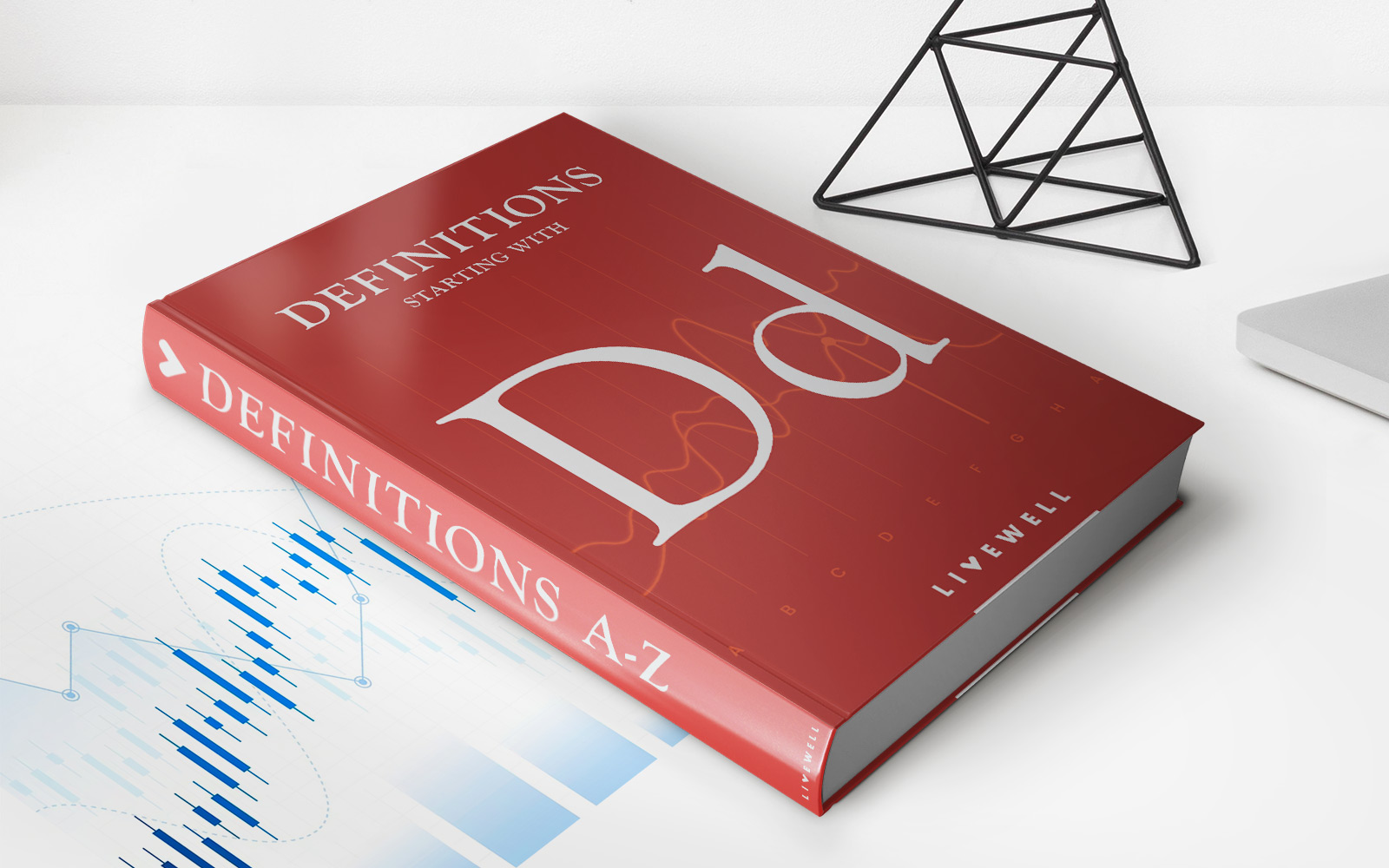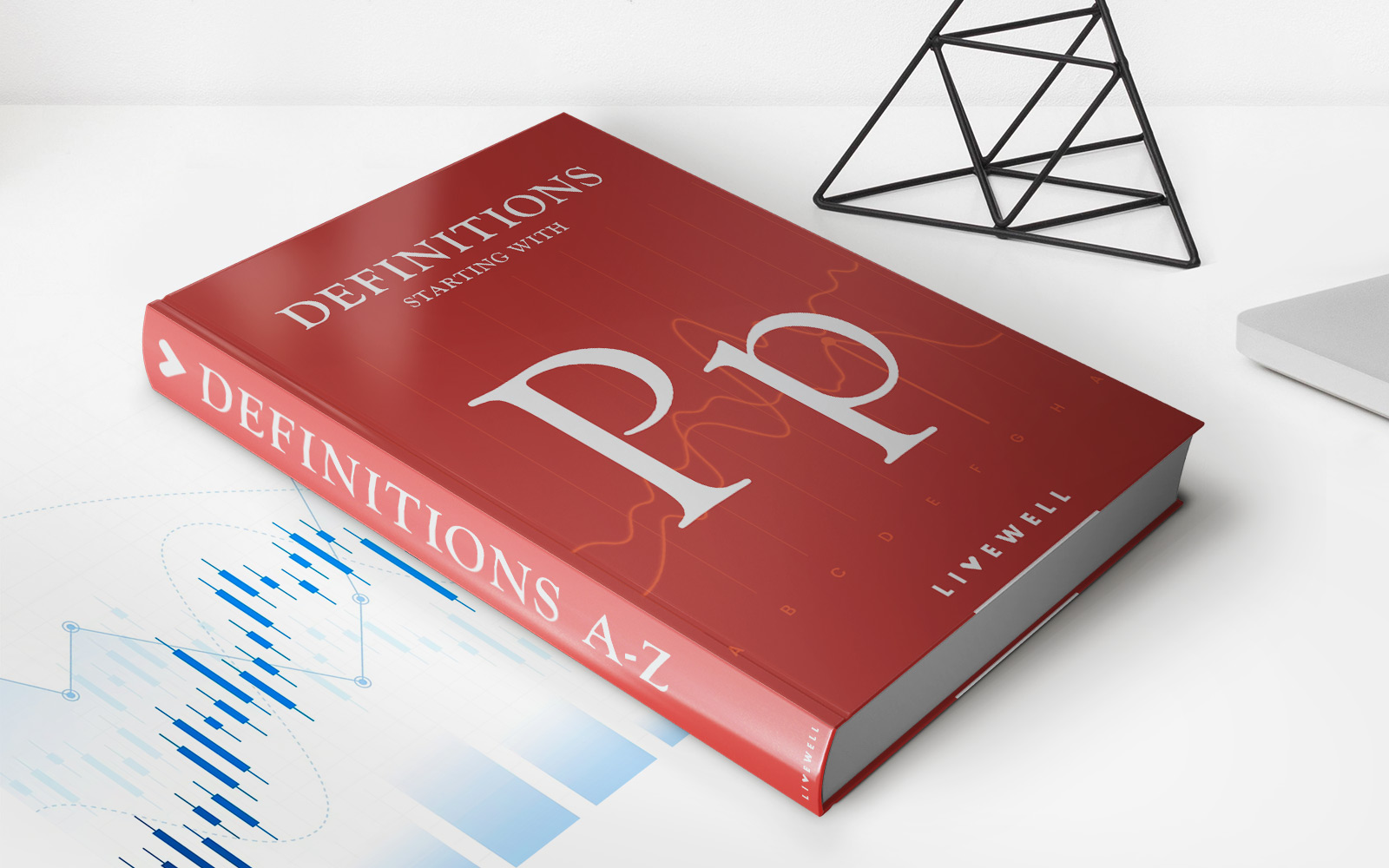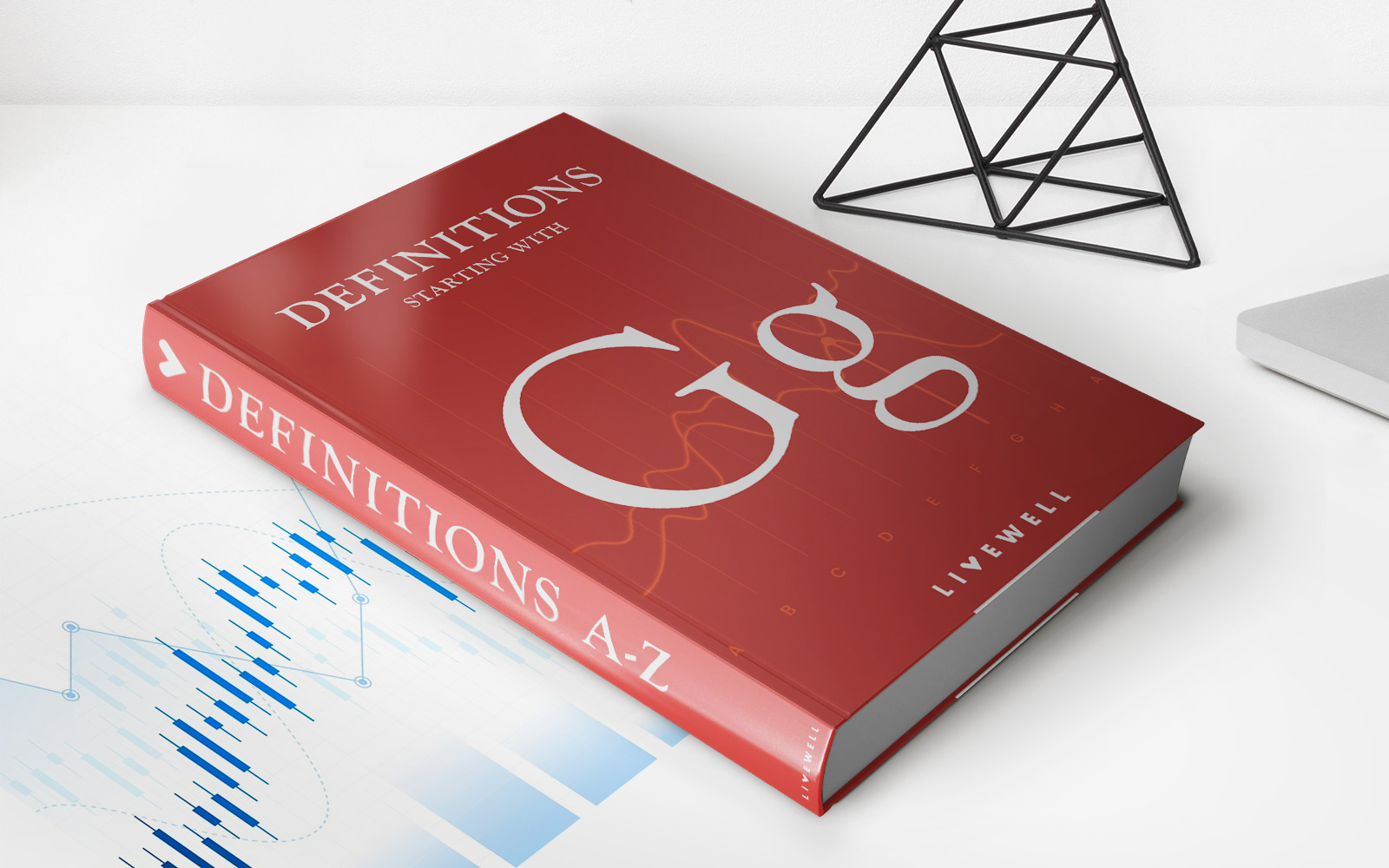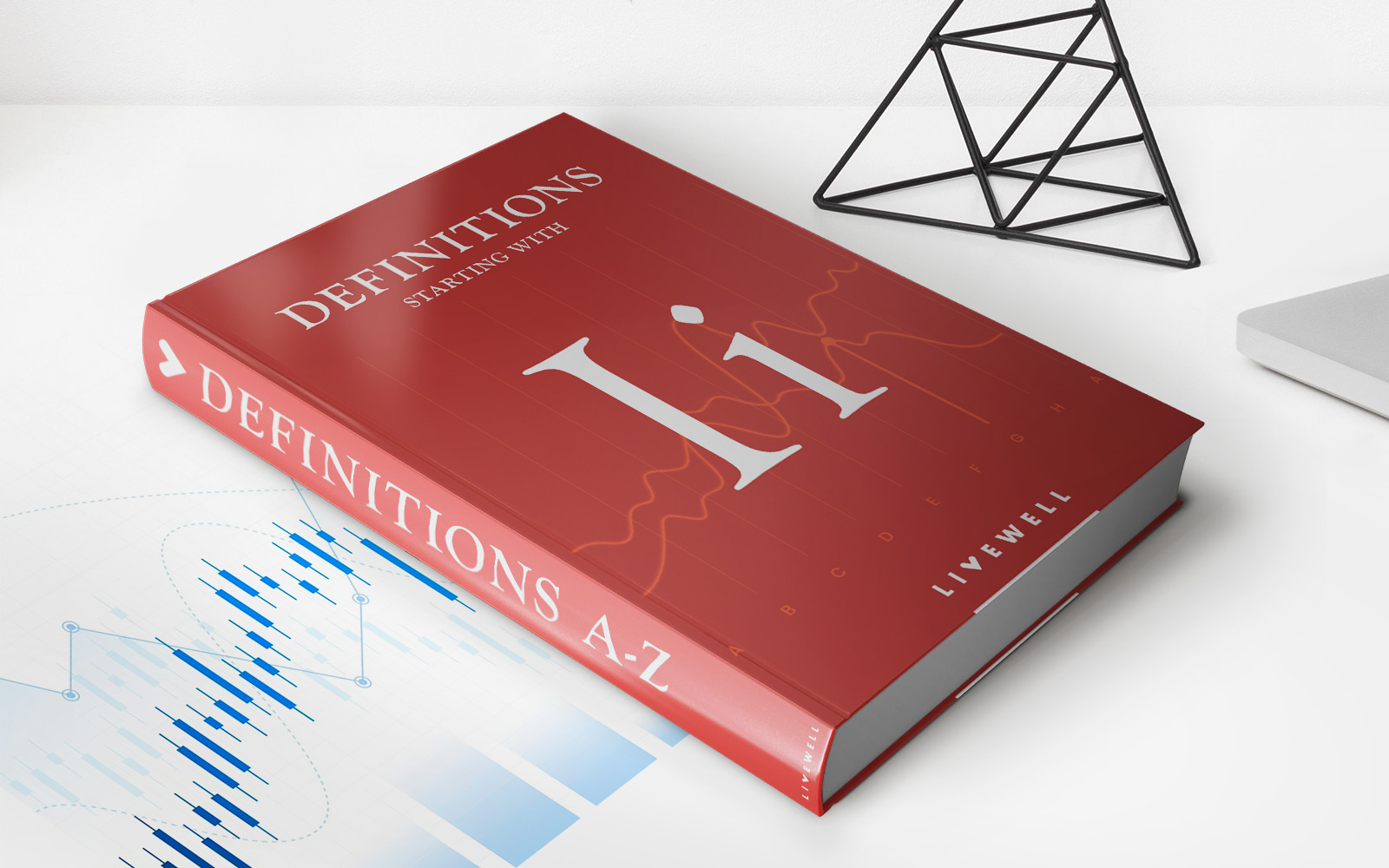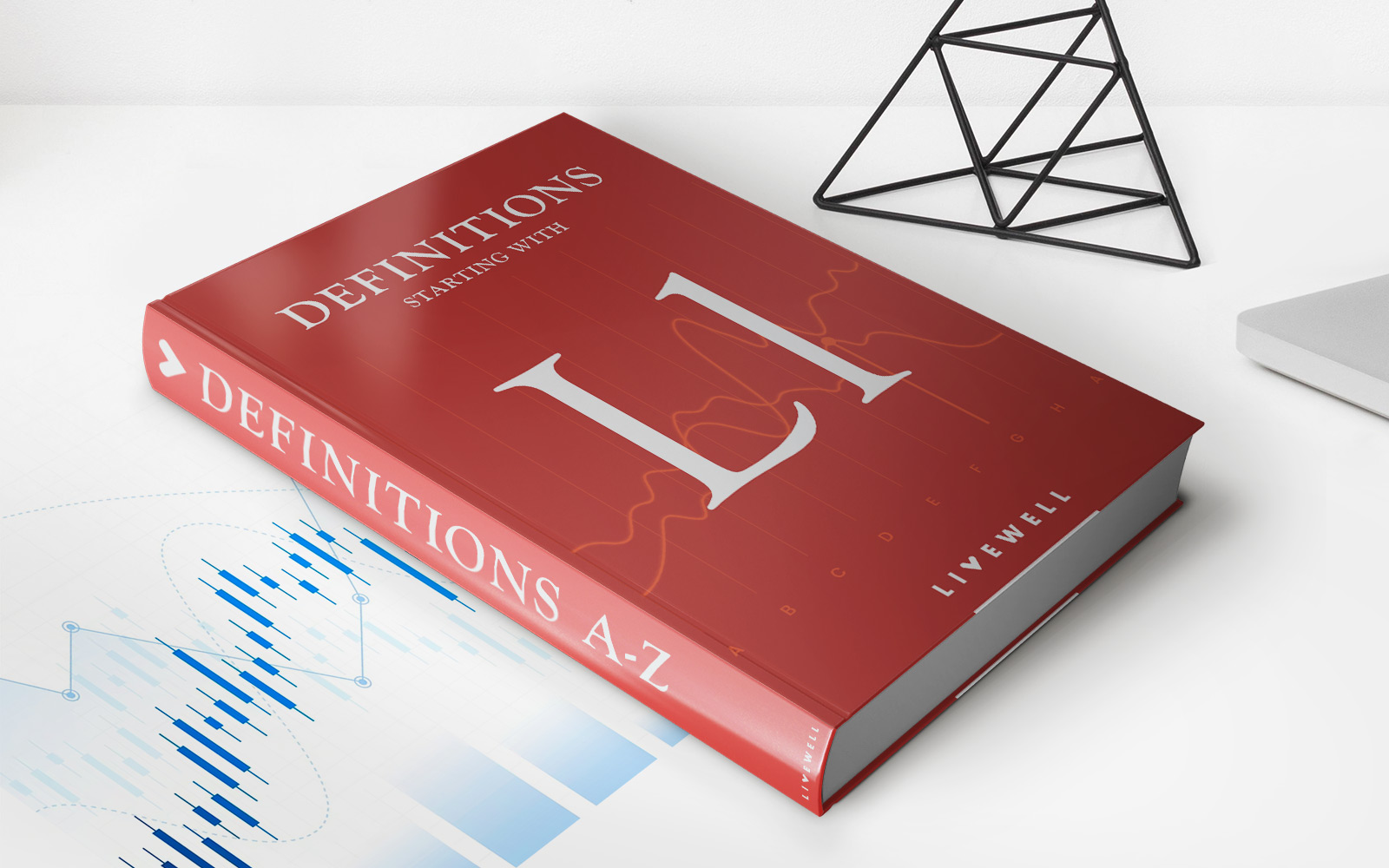Home>Finance>What Is Homo Economicus? Definition, Meaning, And Origins


Finance
What Is Homo Economicus? Definition, Meaning, And Origins
Published: December 5, 2023
Discover the meaning, origins, and definition of Homo Economicus in the field of finance. Explore the concept's relevance and implications in understanding economic behavior.
(Many of the links in this article redirect to a specific reviewed product. Your purchase of these products through affiliate links helps to generate commission for LiveWell, at no extra cost. Learn more)
Welcome to the fascinating world of Homo Economicus!
Have you ever wondered why people make the decisions they do when it comes to money? Or why the pursuit of self-interest seems to dominate our economic systems? Look no further, as today we delve into the concept of Homo Economicus and unravel its definition, meaning, and origins.
Key Takeaways:
- Hailing from the field of economics, Homo Economicus refers to the rational decision-making human being assumed by classical economic theory.
- This theoretical construct assumes that individuals always act in their own self-interest and possess perfect information, allowing them to make optimal choices.
The Definition of Homo Economicus
Homo Economicus, Latin for “economic man,” is a concept that represents the fundamental assumption of classical economics. According to this theory, humans are rational beings who consistently pursue their own self-interest and maximize their utility through economic transactions. In other words, Homo Economicus is the embodiment of a perfectly rational decision-maker within an economic context.
This idea arose in the 18th century with the Scottish philosopher Adam Smith, considered the father of modern economics. Smith argued that individuals, motivated by their own self-interest, would unintentionally contribute to the betterment of society as a whole when partaking in free market transactions. This concept has since shaped how we understand and analyze economic behavior.
The Origins of Homo Economicus
The concept of Homo Economicus finds its roots in the Enlightenment era, a time characterized by a reliance on reason and logic to understand the world. Adam Smith’s groundbreaking work, “The Wealth of Nations,” published in 1776, laid the groundwork for this idea. Smith observed that individuals, acting in their own self-interest, would naturally propel economic growth and societal progress.
Over time, this concept expanded beyond Smith’s original work, with economists refining and developing the concept of Homo Economicus through mathematical models and theories. The theory of rational choice, pioneered by economists such as John Stuart Mill and Jeremy Bentham, further established the concept as a cornerstone of economic thinking.
It is important to note that while Homo Economicus serves as a useful tool for analysis in economic theory, it is an idealized representation of human behavior. Real-life decision-making is influenced by numerous social, cognitive, and emotional factors, making it more complex and nuanced.
In Conclusion
While Homo Economicus may be the bedrock of classical economics, it is crucial to remember that humans are not solely driven by their self-interest and that decision-making is influenced by a variety of factors. Nonetheless, understanding the concept allows economists to study individual behavior in economic contexts and make predictions about how people may act in various situations.
So the next time you contemplate your financial decisions or ponder the inner workings of the economy, remember the interesting concept of Homo Economicus and the role it plays in shaping our understanding of human behavior in the realm of finance.

